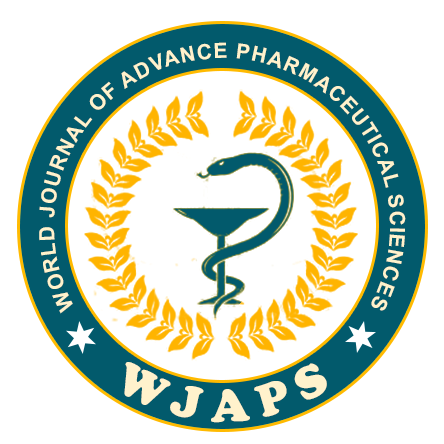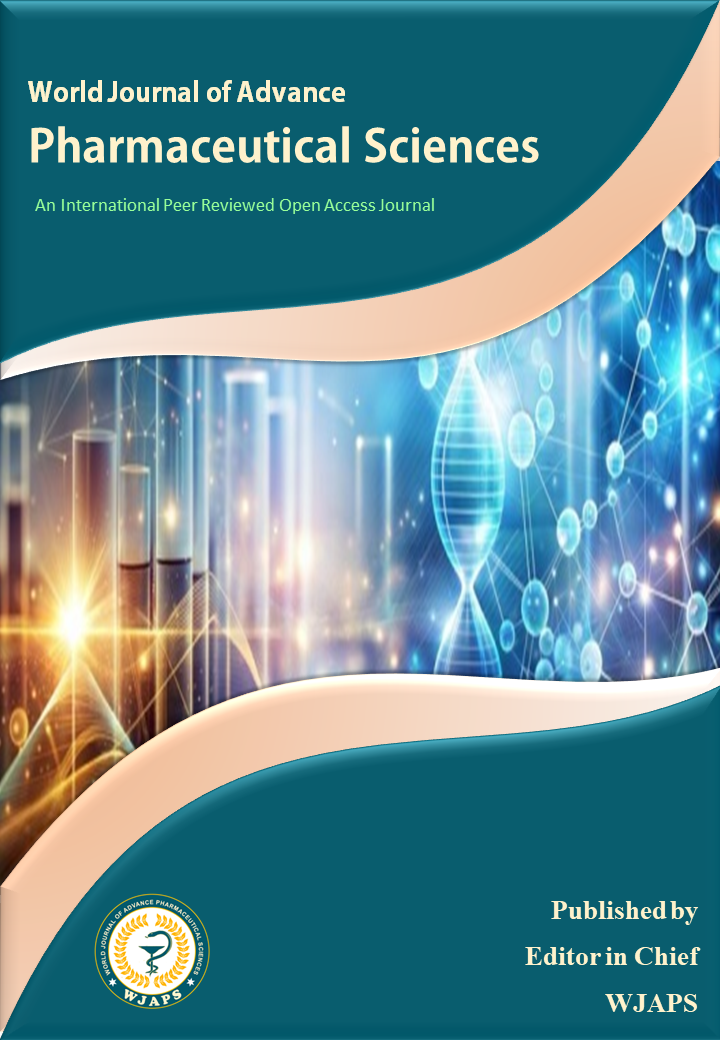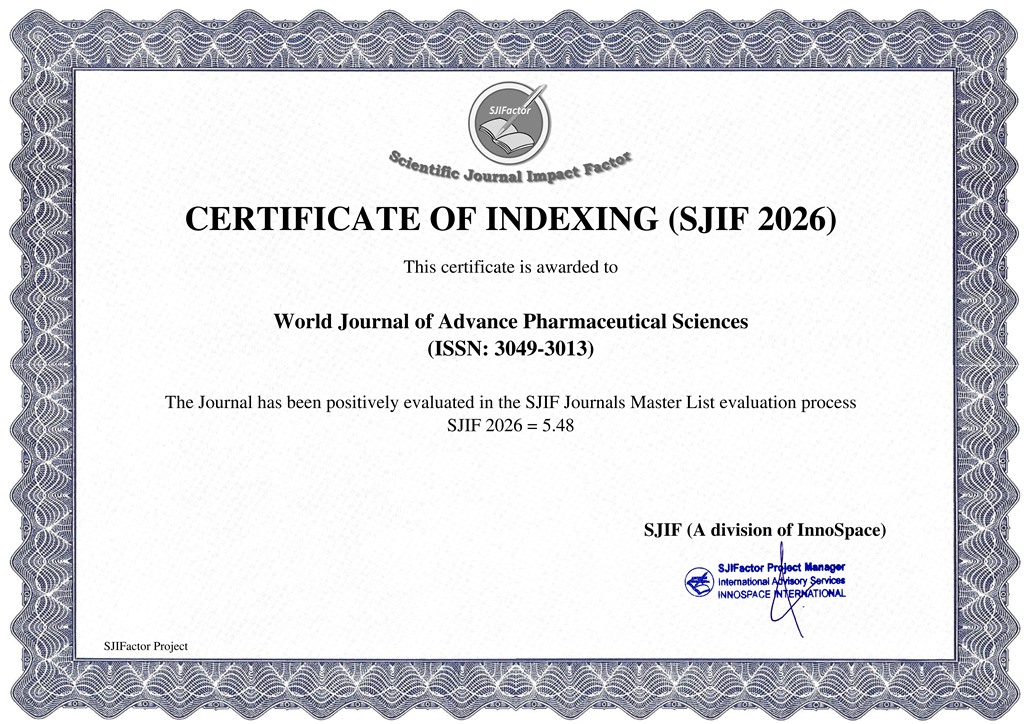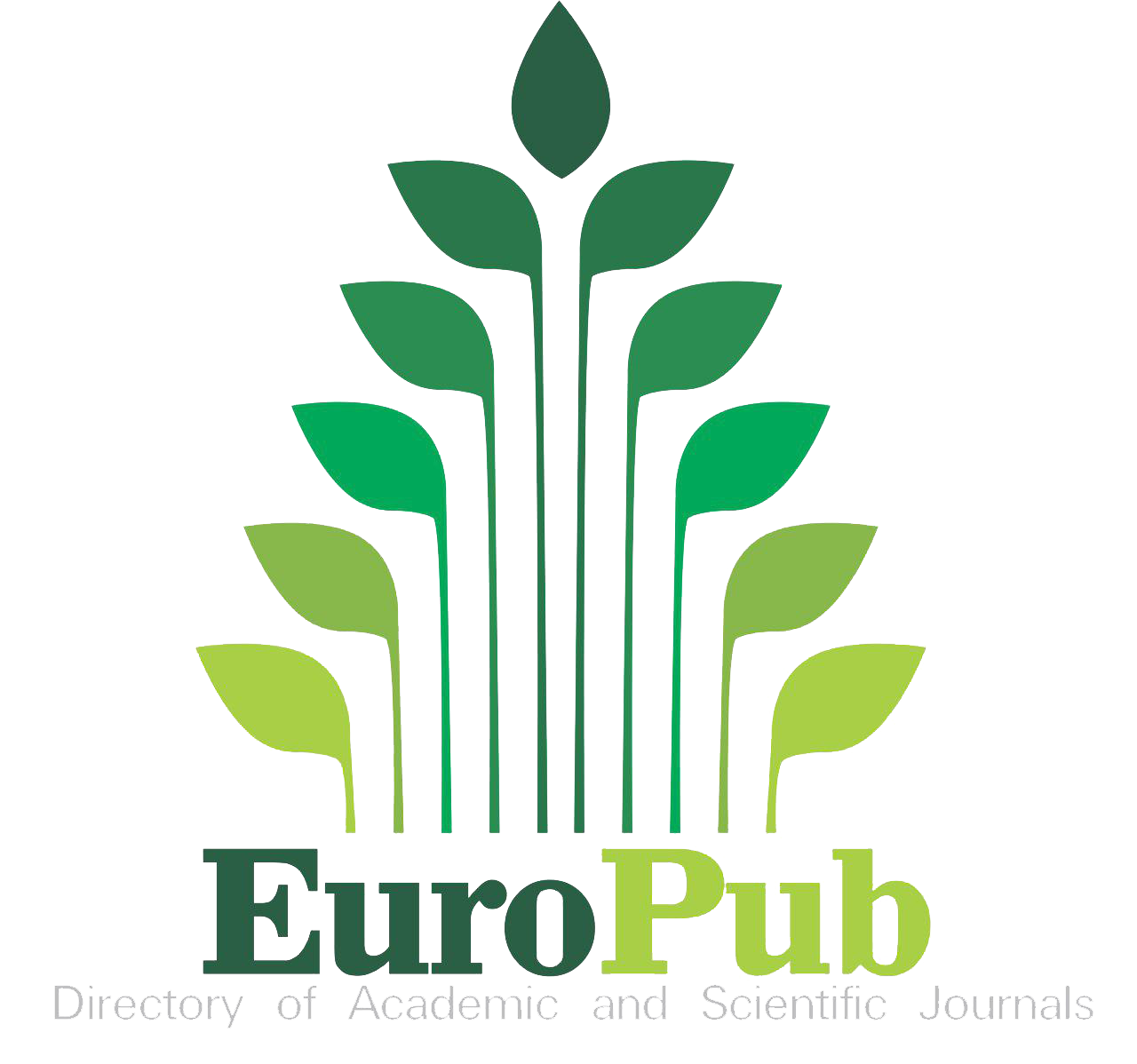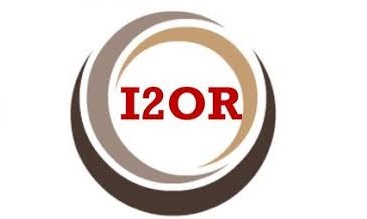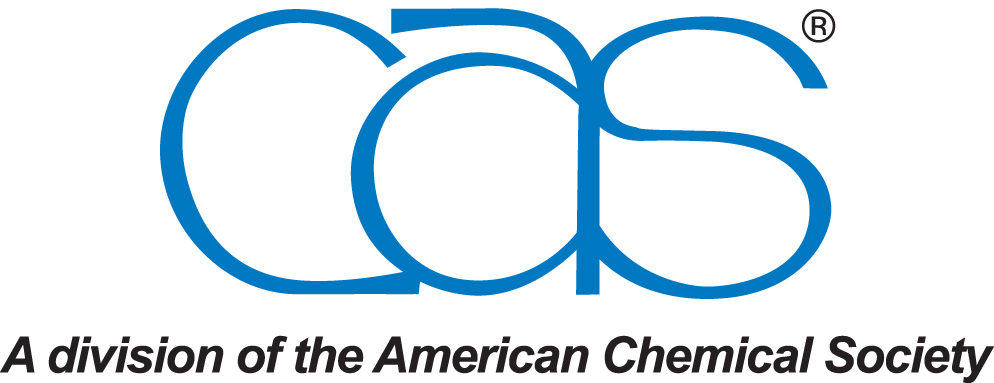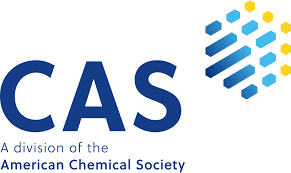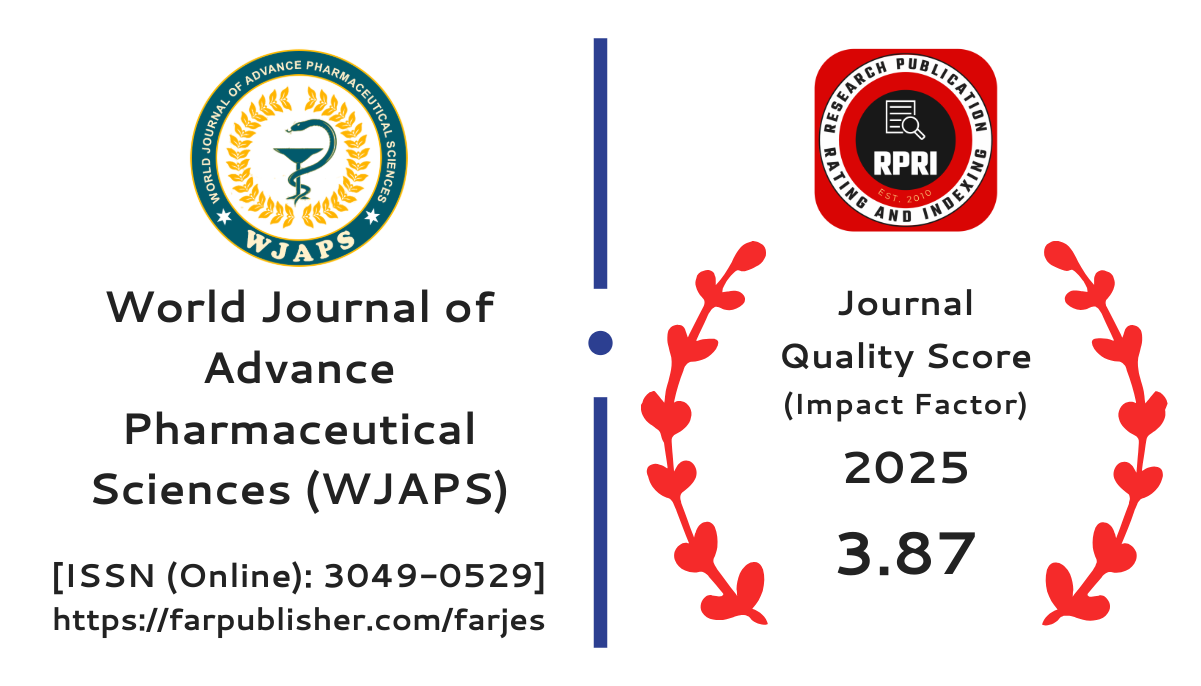POTENTIAL BENEFITS OF DARK CHOCOLATE IN PREVENTING CARDIOVASCULAR DISEASES: A SYSTEMATIC REVIEW
Nafisatul Misriya Raseena*, Lathika A. Nayak and A. R. Shabaraya
Chocolate is a raw or processed food produced from the seed of the tropical tree Theobroma cocao. Dark chocolate, rich in bioactive compounds like catechins, procyanidins, and theobromine offers cardiovascular benefits such as improved blood pressure, reduced platelet aggregation and enhanced endothelial function. It reduces the risk of atherosclerosis by restoring the flexibility of the arteries and preventing WBCs from attaching to the walls of the blood vessels. According to the United States Department of Agriculture, 101gms bar of dark chocolate with 70-85% cocoa solids provides 604 calories, 7.87g of protein, 11g of dietary fibre, 23g of magnesium, 12.2g of iron, and 3.34g of zinc. Flavanols in dark chocolate boost nitric oxide production, dilating blood vessels, improving blood flow, and lowering blood pressure which helps prevent blood clots. Combining dark chocolate with almonds reduces harmful cholesterol particles, lowering the risk of heart disease. Dark chocolate contains theobromine which has the same characteristics as coffee, notably enhanced alertness, motivation to work, and energy. The flavonoids in dark chocolate also aid in diminishing insulin resistance. Furthermore, dark chocolate has a low glycaemic index.
[get full article]